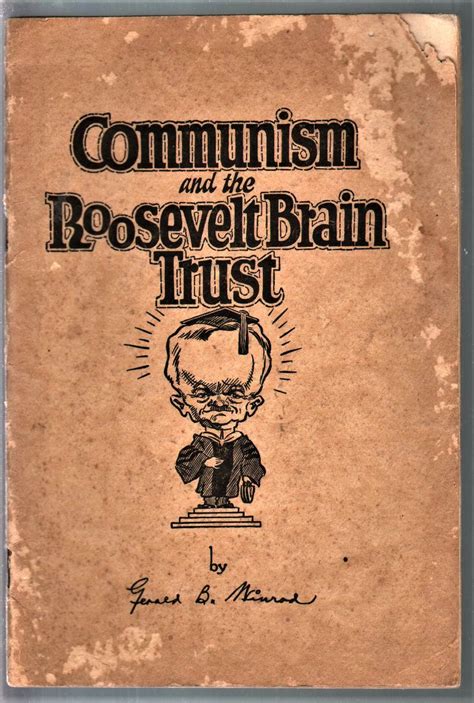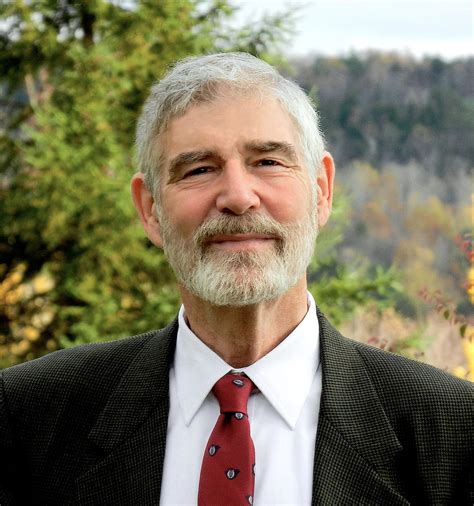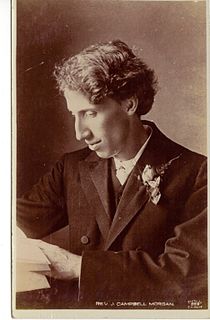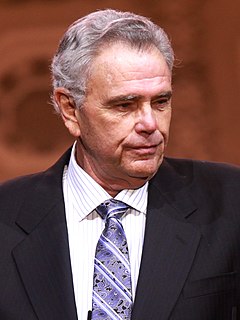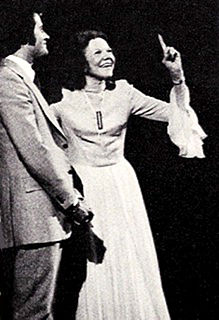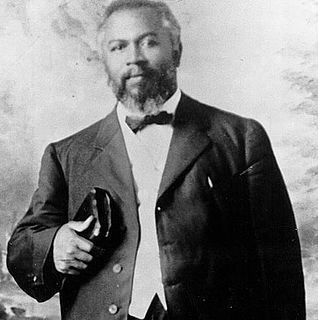A Quote by Gerald Burton Winrod
Why should we believe in God? — We hate Christianity and Christians. Even the best of them must be regarded as our worst enemies. They preach love of one's neighbor, and pity, which is contrary to our principles. Christian love is a hinderance to the revolution. Down with love of one's neighbor; what we want is hatred.
Related Quotes
The unbreakable bond between love of God and love of neighbor is emphasized. One is so closely connected to the other that to say that we love God becomes a lie if we are closed to our neighbor or hate him altogether. Saint John's words should rather be interpreted to mean that love of neighbor is a path that leads to the encounter with God, and that closing our eyes to our neighbor also blinds us to God.
It is easier to love humanity as a whole than to love one's neighbor. ... Some of the worst tyrannies of our day genuinely are "vowed" to the service of mankind, yet can function only by pitting neighbor against neighbor. The all-seeing eye of a totalitarian regime is usually the watchful eye of the next-door neighbor. In a Communist state love of neighbor may be classed as counter-revolutionary.
The first great commandment was to love the Lord our God with all our hearts, might, mind and strength; and the second was like unto it, to love our neighbor as ourselves. And the best way in the world to show our love for our neighbor is to go forth and proclaim the gospel of the Lord Jesus Christ, of which He has given us an absolute knowledge concerning its divinity.
But what does it mean to be on God's side? I believe it starts with focusing on the common good - not just in politics, but in all the decisions we make in our personal, family, vocational, financial, communal, and, public lives. That old but always new ethic simply says we must care for more than just ourselves or our own group. We must care for our neighbor as well, and for the health of the life we share with one another. It echoes a very basic tenet of Christianity and other faiths - love your neighbor as yourself - still the most transformational ethic in history.
Healthy fiction, no matter how wildly it may depart from the material order, teaches us to love ourselves in a wholesome manner by loving our neighbor. Indeed, even by loving our enemies - at least by trying to learn to love them, and by believing that it is right to do so. With grace this is possible.
We are not taught "love thy neighbor unless their skin is a different color from yours " or "love thy neighbor unless they don't make money as you do" or "love thy neighbor unless they don't share your belies." We are taught "love thy neighbor". No exceptions. We are all in this together - every single one of us. And the only way we are going to survive as a society is through compassion. A Great Community does not mean we all think the same things or do the same things. It simply means we are willing to work together and are willing to love despite our differences.
God’s love sets us free from the need to seek approval. Knowing that we are loved by God, accepted by God, approved by God, and that we are new creations in Christ empowers us to reject self-rejection and embrace a healthy self-love. Being secure in God’s love for us, our love for Him, and our love for ourselves, prepares us to fulfill the second greatest commandment: To love our neighbor as ourselves.
